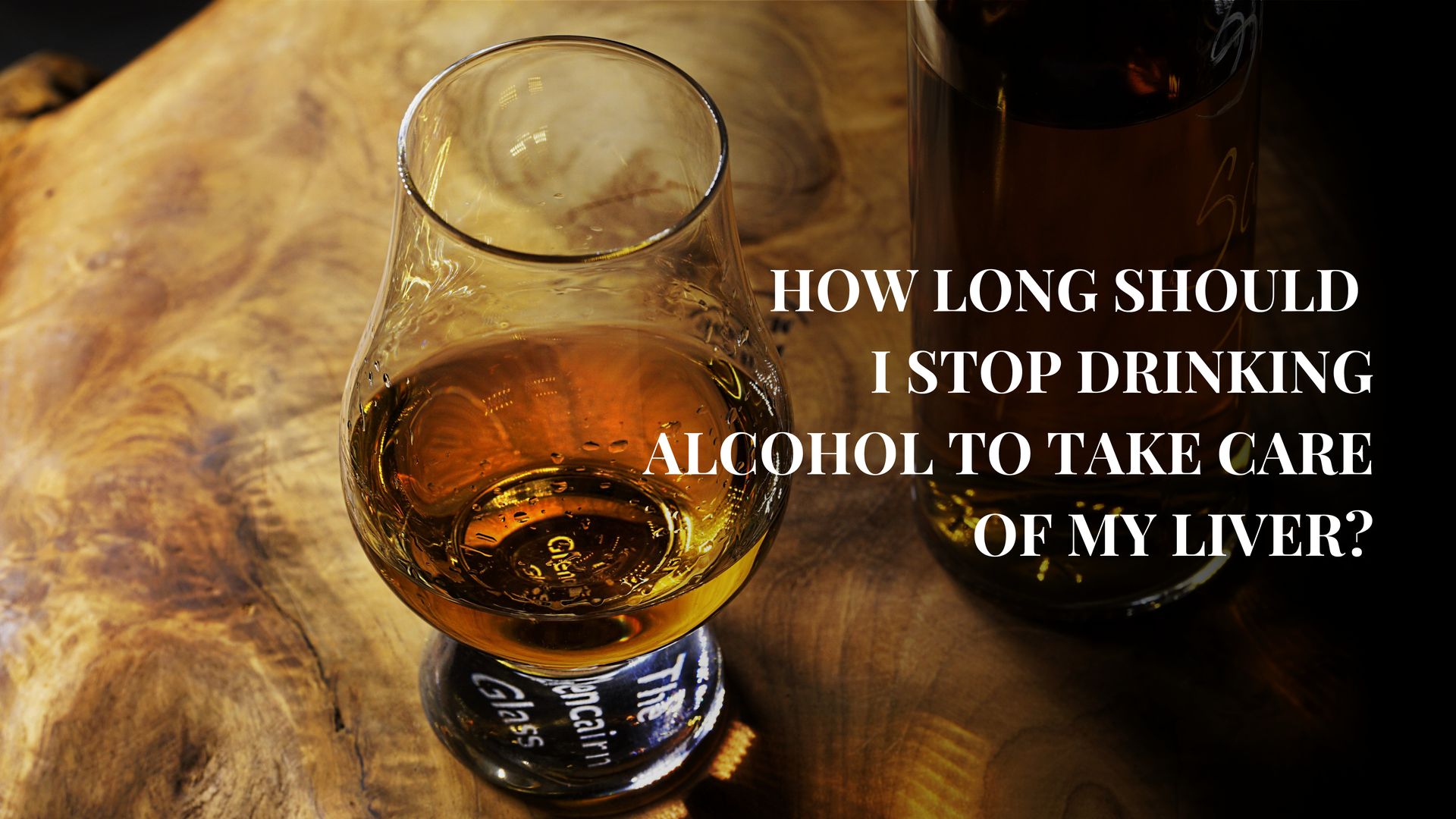In today’s world, where excessive alcohol consumption poses significant health risks, supporting liver health has never been more crucial. Raworganica believe that understanding the impact of alcohol on the liver and using targeted supplements can help promote liver regeneration and long-term wellness. In this blog, we explore the effects of alcohol on liver health, the liver's role in processing alcohol, the regeneration timeline, and how personalized supplements can support liver recovery—especially in regions like India, where alcohol consumption is on the rise.
The Impact of Alcohol on Liver Health
Excessive alcohol consumption is a leading cause of liver damage. Consider these alarming statistics:
- France: 25% of people exceed recommended alcohol guidelines, and only 11% of hospitalised individuals for excessive alcohol intake have healthy livers.
- India: According to the National Family Health Survey (NFHS), about 29% of men and 2% of women consume alcohol, often exceeding safe limits, leading to liver-related health issues.
Key Points:
- Liver Damage: Excess alcohol intake leads to inflammation, fat accumulation (steatosis), and, in severe cases, cirrhosis or liver failure.
- Long-term Risks: Continued excessive consumption can lead to irreversible damage, making early intervention essential.

25 % of French people exceed the recommended alcohol consumption guidelines. Alcohol has toxic effects on the liver.
The Liver's Role in Eliminating Alcohol
The liver is a powerhouse in detoxification, processing approximately 95% of the alcohol consumed. When alcohol enters the bloodstream, it undergoes several enzymatic reactions in the liver:
- Alcohol Dehydrogenase (ADH): Converts ethanol into acetaldehyde, a toxic compound.
- Acetaldehyde Dehydrogenase (ALDH): Breaks down acetaldehyde into acetate, reducing toxicity.
- Cytochrome P450 and Catalase: Also assist in metabolising ethanol.
Key Points:
- Enzymatic Activity: These enzymes work tirelessly to eliminate alcohol, but the accumulation of acetaldehyde and fatty acids can still damage liver cells.
- Cumulative Effects: Over time, unchecked alcohol consumption leads to significant liver impairment due to these toxic byproducts.
Liver Regeneration: How Long to Stop Drinking Alcohol
One of the liver's most remarkable features is its ability to regenerate. However, the timeframe for recovery depends on the severity of the damage:
- Mild Fatty Liver: Abstaining from alcohol for 2-4 weeks can lead to significant improvements in liver function.
- Severe Conditions (e.g., Alcoholic Hepatitis): May require 3-6 months of abstinence—or even permanent abstinence—to allow for proper regeneration.
Key Points:
- Consult Healthcare Professionals: Always seek personalised advice from a healthcare provider to determine the appropriate recovery period based on your specific condition.
- Tailored Interventions: Recovery plans should consider individual health profiles and the extent of liver damage.
Supporting Liver Health with Supplements
In addition to reducing alcohol intake, certain dietary supplements can aid in liver regeneration and overall health. Here are some of the most effective supplements:
1. Milk Thistle (Silybum marianum)
- Active Ingredient – Silymarin: Offers antioxidant and anti-inflammatory benefits that protect liver cells and promote regeneration.
- Additional Benefits: Supports digestion and aids in the body's natural detoxification processes.
2. The Draining Complex
A synergistic blend of herbs that support liver function:
- Green Tea: Boosts metabolism and reduces fat accumulation, contributing to liver detoxification.
- Dandelion Root: Acts as a natural diuretic, promoting toxin elimination and stimulating digestion.
- Horse Chestnut: Improves circulation and reduces inflammation, further supporting liver health.
Key Points:
- Holistic Support: Combining these supplements can significantly aid in liver regeneration and detoxification.
- Quality Assurance: Raworganica ensure that all our supplements are of the highest quality, rigorously tested to support optimal liver health.
Personalised Liver Health Solutions from Raworganica Nutrition
Raworganica understand that each individual’s liver health journey is unique. Our holistic and personalized approach combines functional nutrition strategies with cutting-edge supplements tailored to your specific needs.
Our Approach Includes:
- Personalised Assessments: We evaluate your lifestyle, dietary habits, and health goals to create a customized plan.
- Tailored Supplement Plans: Our products, including botanicals like milk thistle, green tea, and dandelion, are formulated to address the specific challenges faced by populations like those in India.
- Ongoing Support: Our expert team is committed to guiding you every step of the way towards optimal liver health.
Key Points:
- Targeted Solutions: Designed especially for the rising liver-related health concerns in India.
- Natural and Safe: Emphasising natural, plant-based ingredients ensures effective and safe liver support.
Conclusion
Taking a proactive approach to liver health is vital, especially when managing alcohol consumption. By understanding the liver's essential role in metabolising alcohol and leveraging targeted supplements, you can help mitigate damage and promote liver regeneration. If you’re in India or anywhere else facing liver health challenges, Raworganica Nutrition is here to offer personalised support and effective solutions. Embrace a healthier future with our comprehensive approach to liver wellness.
References
- World Health Organisation (WHO) – Alcohol and Health (2021):
Read more
Point: Provides global statistics on alcohol consumption and its impact on liver health, highlighting the risks of excessive intake. - National Institute on Alcohol Abuse and Alcoholism (NIAAA) (2020):
View details
Point: Explains the enzymatic pathways (ADH, ALDH, Cytochrome P450) involved in alcohol metabolism and the associated liver damage. - Journal of Hepatology (2019):
Access article
Point: Discusses liver regeneration timelines and the effects of abstinence on liver recovery for various stages of liver disease. - National Family Health Survey (NFHS) (2019):
Explore survey
Point: Provides data on alcohol consumption patterns in India, underlining the prevalence of liver-related health issues. - Raworganica Nutrition Official Blog (2023):
Discover more
Point: Shares expert insights and personalised supplement strategies tailored to support liver health and address the specific needs of different populations.